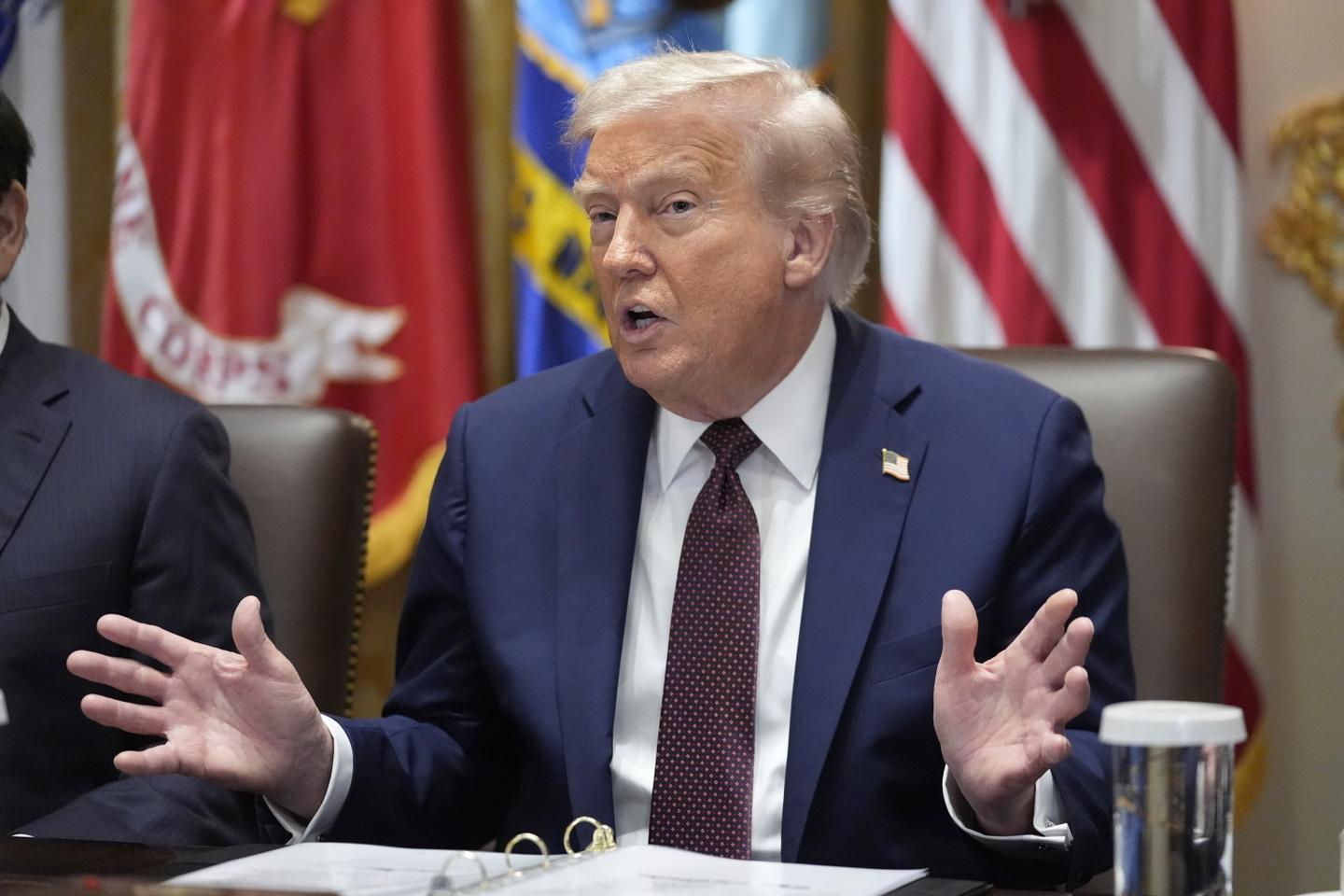
Arthur Burns is remembered as one of the worst chairs in the history of the United States Federal Reserve (Fed). Appointed by Richard Nixon to lead the central bank in 1970, Burns is chiefly known for helping trigger an extremely costly inflationary cycle for the American economy. It took a decade to finally bring it under control, at the cost of millions of unemployed Americans and hundreds of thousands of business bankruptcies. His mistake? He was too willing to support Nixon’s reelection in November 1972.
Fearing that an economic slowdown would cost the incumbent president the election, Burns chose to implement an accommodative monetary policy at the worst possible moment, when inflation was already approaching 5%. Upon his appointment, Nixon had joked at a press conference, « I respect his independence. However, I hope that independently he will conclude that my views are the ones that should be followed. » Burns followed them to the letter until Nixon’s victory, as Nixon exerted constant pressure on the Fed chair, as recounted in a 2006 article in the Journal of Economic Perspectives.
This episode shows that the independence of a central bank should never be taken lightly. Ignoring it for political convenience can have dramatic consequences. From this standpoint, the current pressure Donald Trump is exerting to change the composition of the Fed’s Board of Governors is cause for alarm.
Pressure on Jerome Powell
The American president has been loudly demanding rate cuts. The aim is to support an economy showing signs of weakness and to ease the debt burden that his reckless fiscal policy has caused to skyrocket. To fund this spiral, the US has massively increased its issuance of Treasury bills – a trend that will be unsustainable without a substantial drop in rates.
For months, Trump has tried to achieve his goals by repeatedly insulting Fed Chair Jerome Powell, whom he has attempted to dismiss on several occasions. Powell has delayed adopting a more accommodative monetary policy due to the trade war launched by the president, which risks fueling inflation throughout the economy.
You have 60.35% of this article left to read. The rest is for subscribers only.
Poster un Commentaire